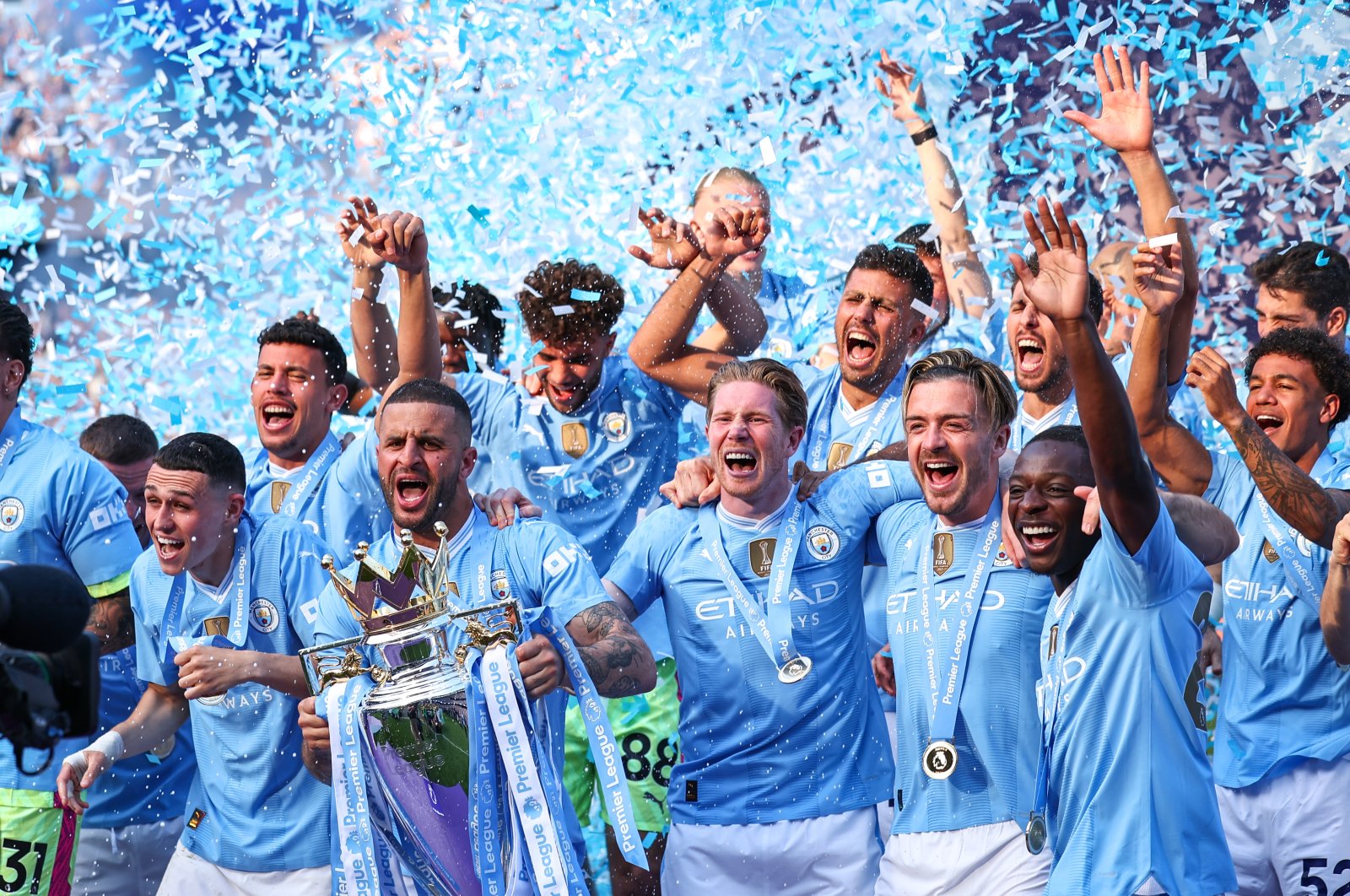
The Premier League is always evolving, and as the 2024-25 season kicks off this Friday, fans can expect five new managers, around $1.6 billion in new signings (and still counting), cutting-edge offside technology, updated financial regulations and a revised match schedule.
Coaching changes
A quarter of the coaches will be taking charge of a Premier League game for the first time.
Liverpool's Arne Slot, Chelsea's Enzo Maresca and Brighton's Fabian Hurzeler will be new managers, while Southampton's Russell Martin and Ipswich's Kieran McKenna are joining the league with no top-flight experience.
Julen Lopetegui will replace David Moyes at West Ham after 4.5 years, and Steve Cooper will replace Maresca at Leicester.
The biggest intrigue will focus on Slot and his style at Liverpool after nearly nine years under the popular Jurgen Klopp.
Slot, known for his possession-based game, could shift Liverpool's approach from Klopp’s rock 'n' roll style to a more controlled strategy.
Slower market
The Premier League's 20 clubs have spent as much on new players this transfer window as those in Spain, Italy, and Germany combined, according to Transfermarkt.
Despite this, the summer feels slow due to a lack of blockbuster deals, with the most expensive being Dominic Solanke's move to Tottenham from Bournemouth for 65 million pounds ($83 million).
Many deals in the $30 million-$70 million range add up quickly, and with three weeks left in the window, Manchester City, Manchester United, Liverpool, Arsenal and Chelsea are expected to spend more.
City (Savinho) and Arsenal (Riccardo Calafiori) have made only one new signing each, and Liverpool has yet to make any.
By the end of the transfer deadline on Aug. 30, Premier League clubs might surpass $2 billion in spending, even with stricter financial regulations balancing the books through sales.
Semi-automated offsides
Expect offside decisions to be reached much quicker this season.
The Premier League is introducing semi-automated offside technology for the first time, set to launch in the first half of the season.
Multiple cameras will track player movements and record relevant data points.
Artificial intelligence will process this data to create a 3D offside line, which will be communicated to the VAR team.
The system is expected to reduce the decision time by about 30 seconds.
Semi-automated offsides were used at the 2022 World Cup and the recent European Championship.
The league has also launched a new account on the social platform X to provide near-live explanations and updates on refereeing and VAR matters for every match this season.
"For the first time, the social media account will provide near-live explainers and updates on operational and officiating matters for every Premier League match,” the league said.
Spending rules
Last season, clubs like Everton and Nottingham Forest faced point deductions for violating profitability and sustainability regulations, which are now being more strictly enforced.
This season marks the final year of these regulations, with two new spending cap systems being trialed for introduction in the 2025-26 season.
The "Squad Cost Rules” system will limit spending on players to 85% of a club’s football revenue and net profit or loss on player sales.
The "Top to Bottom Anchoring” system will limit spending to a multiple of the lowest combined prize money and TV rights revenue forecast for a team.
The league said these systems aim to "improve and preserve clubs’ financial sustainability and the competitive balance of the Premier League."
Premier League CEO Richard Masters told the BBC on Tuesday: "Obviously, we want to move to a new system that people have confidence in and can comply with, and move away perhaps from normalizing asterisks against league tables or long-running regulatory cases. That’s not what we’re aiming for.”
No winter break
The Premier League is renowned for its relentless schedule, and this season is no exception.
There will be no winter break, with the season starting later to allow players more time to recover from summer international tournaments.
Last year, five games were held each weekend over a two-week period, giving teams at least one weekend off in January.
All of Europe's other major leagues will have a winter break.
